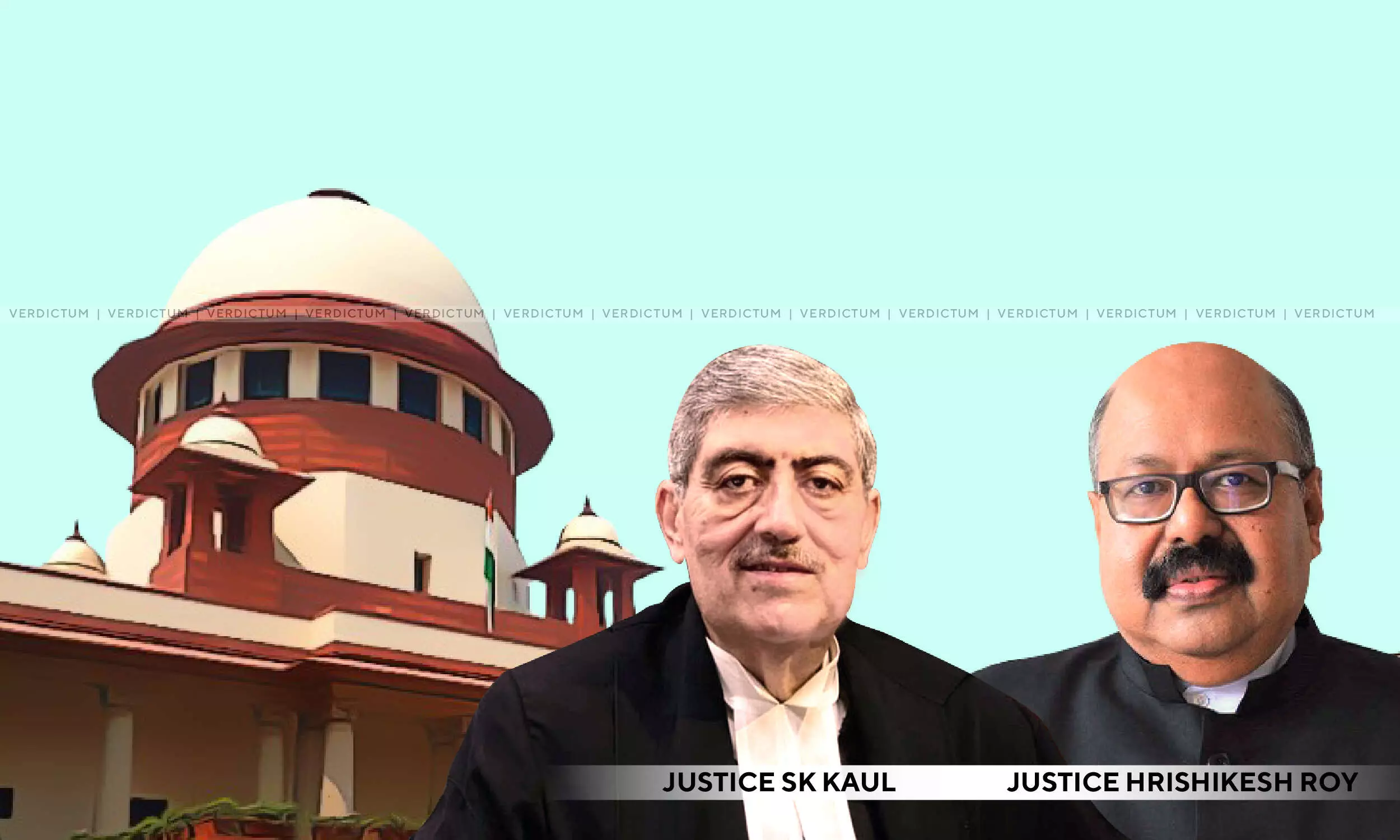
Fraudulent Practices To Gain Public Employment Cannot Be Countenanced By Court – Supreme Court
 |
|A two-judge Bench comprising of Justice Sanjay Kishan Kaul and Justice Hrishikesh Roy has held that fraudulent practices to gain public employment cannot be countenanced by a court of law.
In the case at hand, the Appellant, BCCL had terminated 38 of its workmen on the grounds that they had dishonestly secured their appointments. The Appellant contended that this act of fraudulence had been committed in connivance with a Dealing Assistant and a Personnel Manager of the Bhalgora Area of BCCL, both of whom had been removed from service.
The termination was challenged by the Trade Union before the Central Government Industrial Tribunal, which directed the workmen to be reinstated, with 50% back wages. This was challenged by the management by filing a Writ Petition before the Single Bench of the Jharkhand High Court, which pronounced its Judgment in favor of the management noting that the workmen did not have a consistent case about them being appointed through employment exchange. Aggrieved, the workmen filed an appeal before the Division Bench, which restored the order of the Tribunal citing non-availability of evidence on the part of the Management justifying the termination.
The Apex Court, after considering the contentions of the parties, observed, "Enough materials were presented to the Tribunal to justify the action against the illegally appointed workmen, and as such the appellants cannot be made to suffer the consequence of the misconduct of their two errant employees against whom, disciplinary actions were taken by the Management. Moreover, the contradictory stand of the workmen at different stage would suggest that they were conscious and aware of being appointed through a non-bonafide process."
The Bench was of the view that it was the responsibility of the Courts to "guard against fraudulent employment, especially when such appointment is obtained by perpetuating fraud upon the authorities."
In this regard, the Court opined, "Fraudulent practice to gain public employment cannot be countenanced to be permitted by a Court of law. The workmen here, having hoodwinked the Government Undertaking in a fraudulent manner, must be prevented from enjoying the fruits of their ill- gotten advantage. The sanctity of public employment, as a measure of social welfare and a significant source of social mobility, must be protected against such fraudulent process which manipulates and corrupts the selection process. Employment schemes floated by the State for targeted groups, can absorb a finite number of workmen."
"To abuse the legitimate process therefore would mean deprivation of employment benefits to rightful beneficiaries. The Courts as sentinel of justice must strive to ensure that such employment programmes are not manipulated by deceitful middlemen, thereby setting up a parallel mechanism of Faustian Bargain. Often, desperate job aspirants' resort to such measures to compete for limited vacancies, but this Court cannot condone false projections so as to circumvent the statutorily prescribed procedure for appointments. Such illegal practices must be interdicted by the Courts," the Court asserted.
The Court upheld the decision of the Single Bench and set aside the Judgment of the Division Bench and the award of the Tribunal.